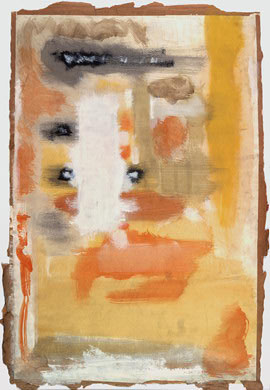
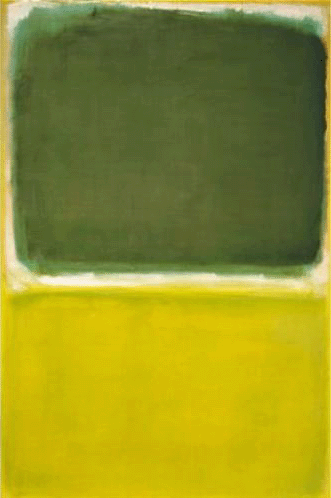
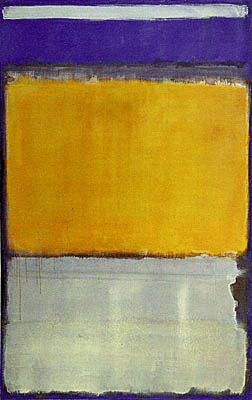
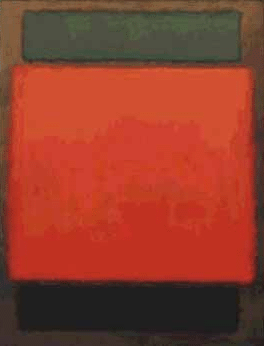
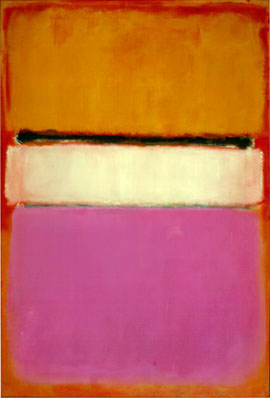
Understanding Political Modernity:
Comparative Perspectives on Arendt and Adorno
Samir Gandesha and Lars Rensmann (editors)
Having experienced and reflected upon the fate of the exile in the 20th century, Hannah Arendt and Theodor W. Adorno bore unique witness to that century's crises and wars, and continue to bear ghostly witness to the 21st century's ensuing dislocations. From this vantage point, Arendt and Adorno have significantly sharpened our understanding of how modern societies tend toward homogenization via rationalization and disenchantment under the spell of subjective reason and at the same time negate these abstract and reified social forms by promoting exclusionary and often violent instances of radical particularism. For Arendt and Adorno, this dynamic tension lying at the heart of modernity demands that we radically rethink the relation between formal universality and substantive particularity. Such a rethinking preserves a central role for art, experience and judgment in developing the basis for a transformed conception of political action. Understanding Political Modernity jumpstarts this rethinking by presenting systematic, comparative perspectives on Adorno and Arendt—two of the most important political and social philosophers of the “short twentieth century.”
Their seemingly different philosophical points of departure (Hegel and Marx here, Kant and Heidegger there), and especially their celebrated personal animosity--reproduced in myriad ways by their followers--have, thus far, prevented comparative investigations of the respective contributions of Arendt and Adorno. By analyzing affinities, convergences and divergences, this collection provides a unique and much needed systematic comparison of these two complementary thinkers. The collection also charts their respective influences on contemporary debates within social and political thought, from Habermas's theory of communication, through hermeneutics and phenomenology to post-structuralism. Establishing connections without eliding important differences, each of the authors of the volume examines common motifs, references, and theoretical concepts. In particular, each author presents critically Arendt and Adorno as leading theorists of political modernity.
A central concept in contemporary social and political philosophy, “political modernity” refers to the conditions of modern mass society, such as the preponderance of “animal laborans” or identity thinking, the withdrawal of the political or the dominance of the cultural industry, processes of commodification, social atomization and loneliness. The concept of “political modernity” is moreover charged with critical intent, as it challenges the homogenizing logic of modernization – a logic that increasingly threatens human agency, plurality, the “non-identical” and “the political.” In a way that distinguishes these thinkers from the facile postmodernism with which they occasionally are associated, both Arendt and Adorno insist, with different inflections, that the particular is always already understood in critical tension with the universal. Such an insistence leads them repeatedly back to a rethinking of the legacy of German Idealism and to the problem of the aesthetic as the principal location of that rethinking.
The volume brings together some of the world's leading experts on Adorno and Arendt and several emerging scholars, each of whom share an interest in the work of both philosophers as well as in transcending familiar yet now antiquated academic cleavages. Avoiding marginal questions in Arendt's and Adorno's work, the essays collected in this volume fall strictly within the parameters of a comparative approach and address only such core questions and concepts as modernity, power, freedom, politics, exile, legitimacy, totalitarianism and post-totalitarianism, experience and judgment. For this reason, Understanding Political Modernity is a productive and important contribution to comparative intellectual history. It is moreover a genuine, innovative attempt by prominent contemporary political theorists, philosophers, sociologists, and intellectual historians, all of whom are experts on both thinkers, to conceptualize the social and political conditions and dynamics that have shaped the past century and continue to shape the present one. Indeed, in light of the baleful impasse between universalist or liberal conceptions of justice, on the one hand, and a retreat into mute particularity by post-modern practitioners of “cultural studies,” on the other, the time has never been riper for a stereoscopic reading of Arendt and Adorno. By evaluating the theoretical limits and possibilities of Arendt's and Adorno's contributions from a contemporary perspective, the volume thus also aims to enhance our critical understanding of the complex and contradictory nature of modernity.